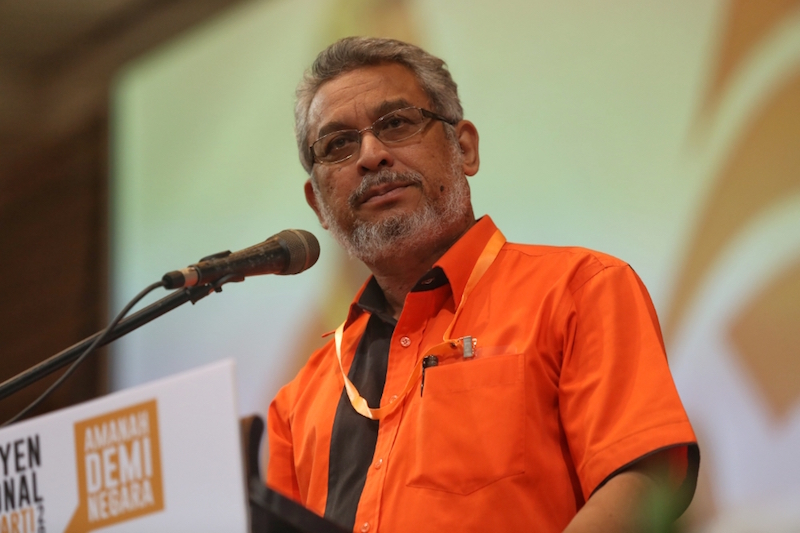KUALA LUMPUR, June 17 — Two Opposition leaders have criticised a suggestion to outlaw Christian evangelism in Muslim-majority Malaysia.
Parti Amanah Negara’s strategic communications director Khalid Samad said the call for “anti-evangelicalism laws” by Centre for Human Rights Research and Advocacy chief executive Azril Mohd Amin is not only unconstitutional but shows a deeper problem with the current levels of interfaith harmony in the country.
“I think the anti-Christian evangelicalism is a threat to religious harmony. There are no problems in Christian evangelical activity among Christians themselves and non-Muslims.
“The approach of wanting to ban evangelicalism because Muslims have conviction towards their religion is destructive and repressive,” he told Malay Mail Online when contacted yesterday.
Citing from the Quran, Khalid said Islam values those who hold true conviction and sincerity towards their own religion, even if it is not Islam.
“So, to say that Islam dislikes those who have conviction in their own faiths is erroneous,” he added.
The Shah Alam MP said it is important to distinguish between evangelicalism and proselytising to Muslims in Malaysia, which is already clearly prohibited by the Federal Constitution.
“The first is acceptable while the second is against the Constitution and the social contract of our nation’s founding fathers,” he said.
Evangelicalism is a movement born from the Protestant Christian school with a specific core belief that is said to be different from mainstream Protestanism; one of them being the belief in “personal conversion”.
The Federal Constitution guarantees each Malaysian the right to profess, practise and proselytise their faith freely, with the exception of proselytising any religion other than Islam to Muslims.
Parti Warisan Sabah’s youth icon Jo-Anna Henley Rampas said Christian evangelists have not been involved in any activity that could threaten national harmony.
“As far as all the right-minded Malaysians know, evangelists go on to their day-to-day business of God’s work in peace and with full observance towards the Malaysian laws.
“Azril’s suggestion depicts the grave failure of the BN-led government to instil proper religious understanding, tolerance and harmony, therefore rendering ordinary Malaysians like Azril to come up with such a ridiculous idea,” she said.
She added that Christian evangelists here only targeted non-Muslims for their religious outreach programmes.
In his essay published in Malay daily Utusan Malaysia last Thursday, Azril called for a law banning Christian evangelism here, claiming a mass conversion conspiracy that seriously threatened Malaysia’s religious harmony.
The National Evangelical Christian Fellowship has denied the allegation and urged the government to investigate Azril and the newspaper for sedition instead for their “attack” on Christians.



















